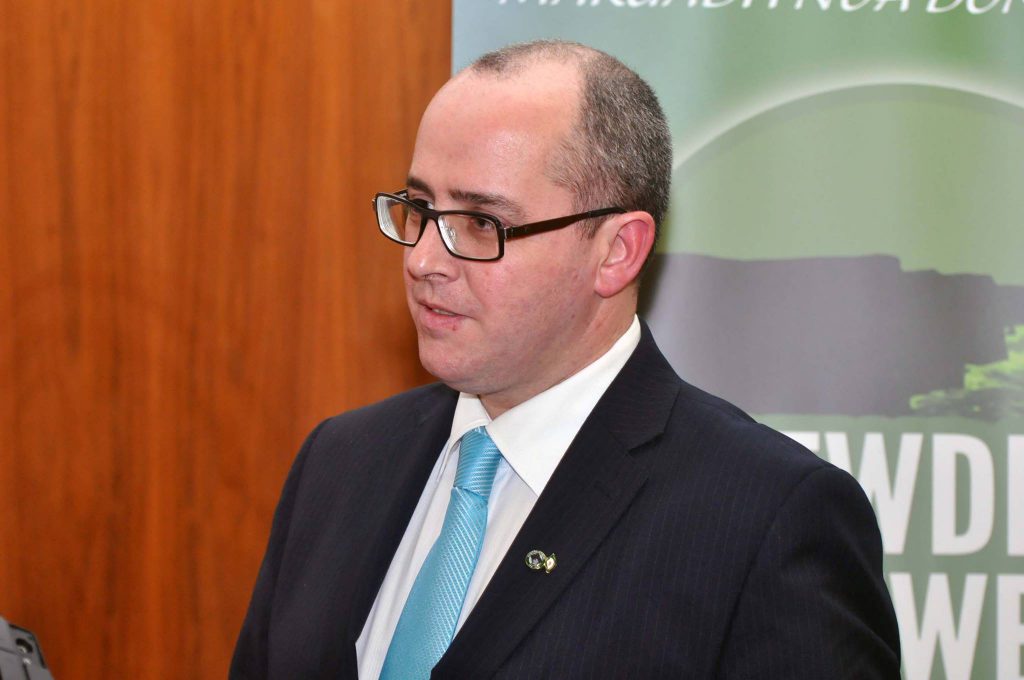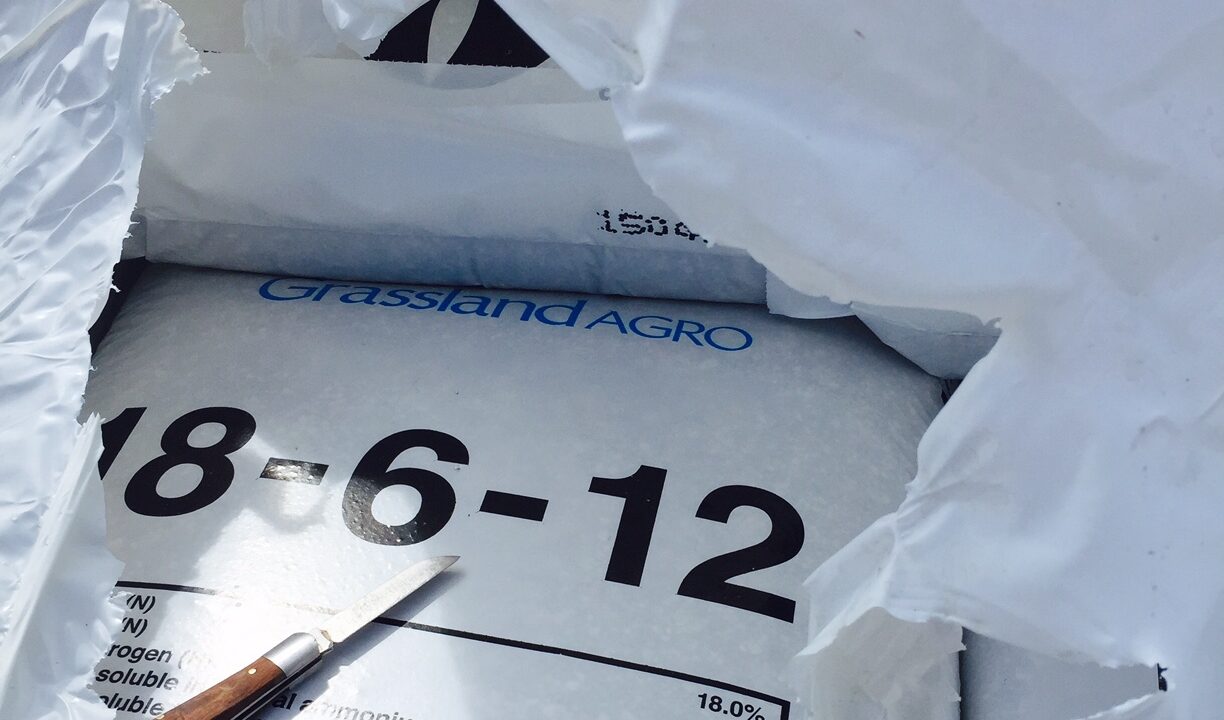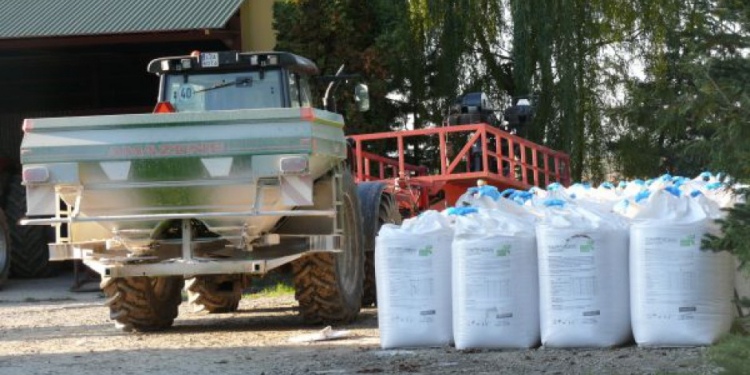A Sinn Féin MEP has questioned the European Commission, members of which attended a sitting of the European Parliament Agricultural Committee last evening (November 30), on what can be done about spiralling fertiliser prices.
MEP Chris MacManus has said that the possibility of reducing tariffs on non-EU imports for a limited period would be considered by the commission.
He said: “It does not take an economist to tell you that a functioning market is a balanced one, and this is certainly not the case in the fertiliser sector. Price hikes are squeezing farmers and we must look at how we can relieve pressure.
“One of the major contributing issues to the crises is of course the global increase in gas prices. This is not something we can fix overnight and is not something this committee is likely to solve.”

The MEP said the commission needed to look at the fertiliser supply coming into Europe, in a effort to tackle the crisis.
“Currently the EU imposes anti-dumping tariffs on nitrogen fertiliser. This makes non-EU products more expensive on the EU market, and is designed to protect EU fertiliser producers,” MacManus added.
“I highlighted that at the beginning of November, CAN [calcium ammonium nitrate] prices were over €600/t and urea prices were around €900.”
Support for farmers amid rising fertiliser prices
MacManus suggested mechanisms to help farmers: “I fully appreciate the need to protect European business, but if their profits, which are in the region of 40%, are resulting in farmers paying over the odds for their product, then we need to curb it.
“My suggestion is to aid farmers by reducing the tariffs on non-EU imports for a limited period – this would increase supply and bring down prices.”
MacManus said that the commission confirmed that this option was feasible and it would carry out the necessary review to see how such a measure could operate.
“It [the commission] did make it clear this would not be a panacea, as gas costs were still a big factor in the final price, but of course, any money we can put back into farmers’ pockets is worth doing,” the MEP added.
“We must develop the supply of organic fertilisers and agro-ecological techniques to make us less dependent on nitrogen fertilisers, but in the meantime, farmers need to have access to imports at affordable prices.”Also Read: Will buying fertiliser at the moment reduce 2021 tax bill?

The price of agricultural inputs, particularly fertilisers, is rising drastically. The Polish agricultural portal ‘farmer.pl’ reports that ‘diammonium phosphate (DAP) has doubled in net value in the space of 18 months, from PLN 1 450 in January 2020 to the current PLN 3 000; the price of UAN (urea-ammonium nitrate fertiliser) has also increased by 32%, from PLN 850 to PLN 1 250 net per tonne, and potassium salt has increased from PLN 1 450 to PLN 1 650 net per tonne’.
Several simultaneously occurring factors have caused this situation:
- 1. the EU ban on the import and transit of potash from Belarus, which is the world’s largest producer of this agricultural nutrient,
- 2. the Commission’s decision to impose anti-dumping duties on fertilisers from the USA, Russia, and Trinidad and Tobago,
- 3. and record high gas prices (annual increase of 595%) accounting for 60-80% of the industry’s operating costs.
According to the Copa Cogeca organisation, the introduction of anti-dumping duties by the Commission had the greatest impact on the price of liquid fertilisers, which has doubled since the Commission adopted this measure. Nonetheless, Article 14(4) of Regulation 2016/1036 provides for the possibility to suspend the application of anti-dumping measures in case of temporary changes in market conditions, if it is in the Union interest.
In this regard:
does the Commission plan to apply the aforementioned Regulation and suspend the anti-dumping duties on fertilisers from the USA, Russia, and Trinidad and Tobago, in order to help combat disproportionately high fertiliser prices?





